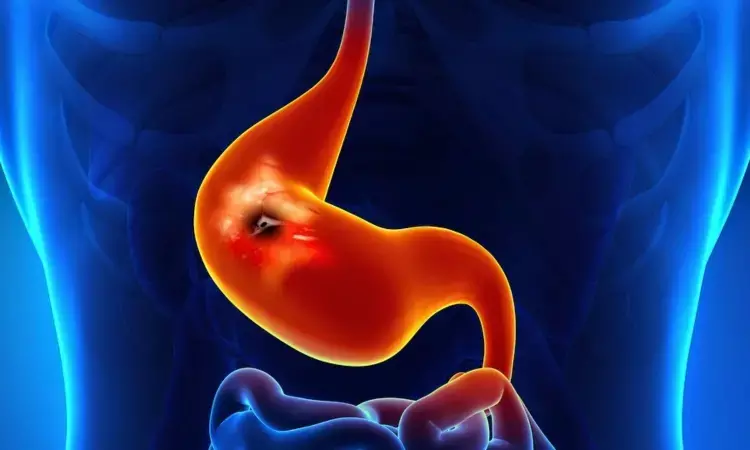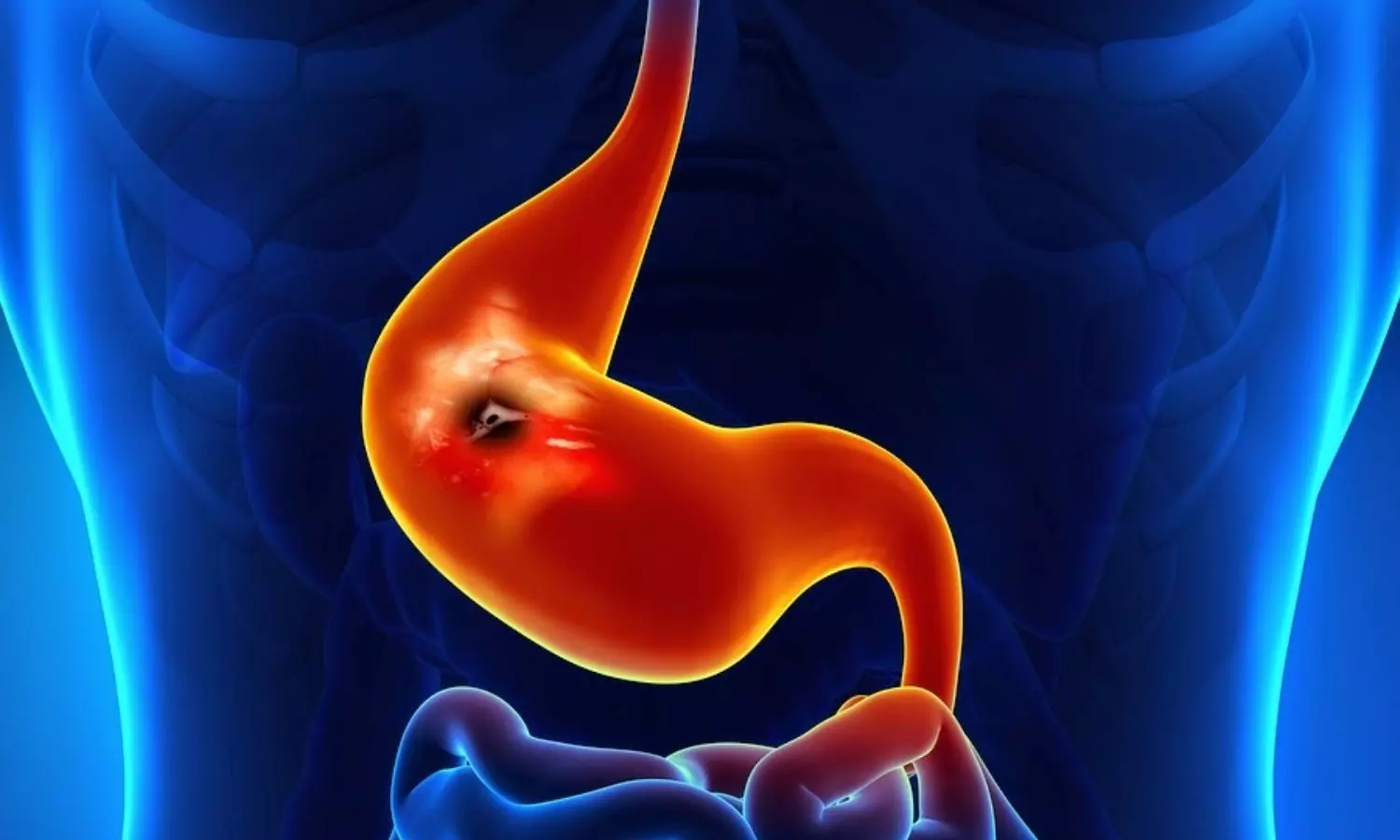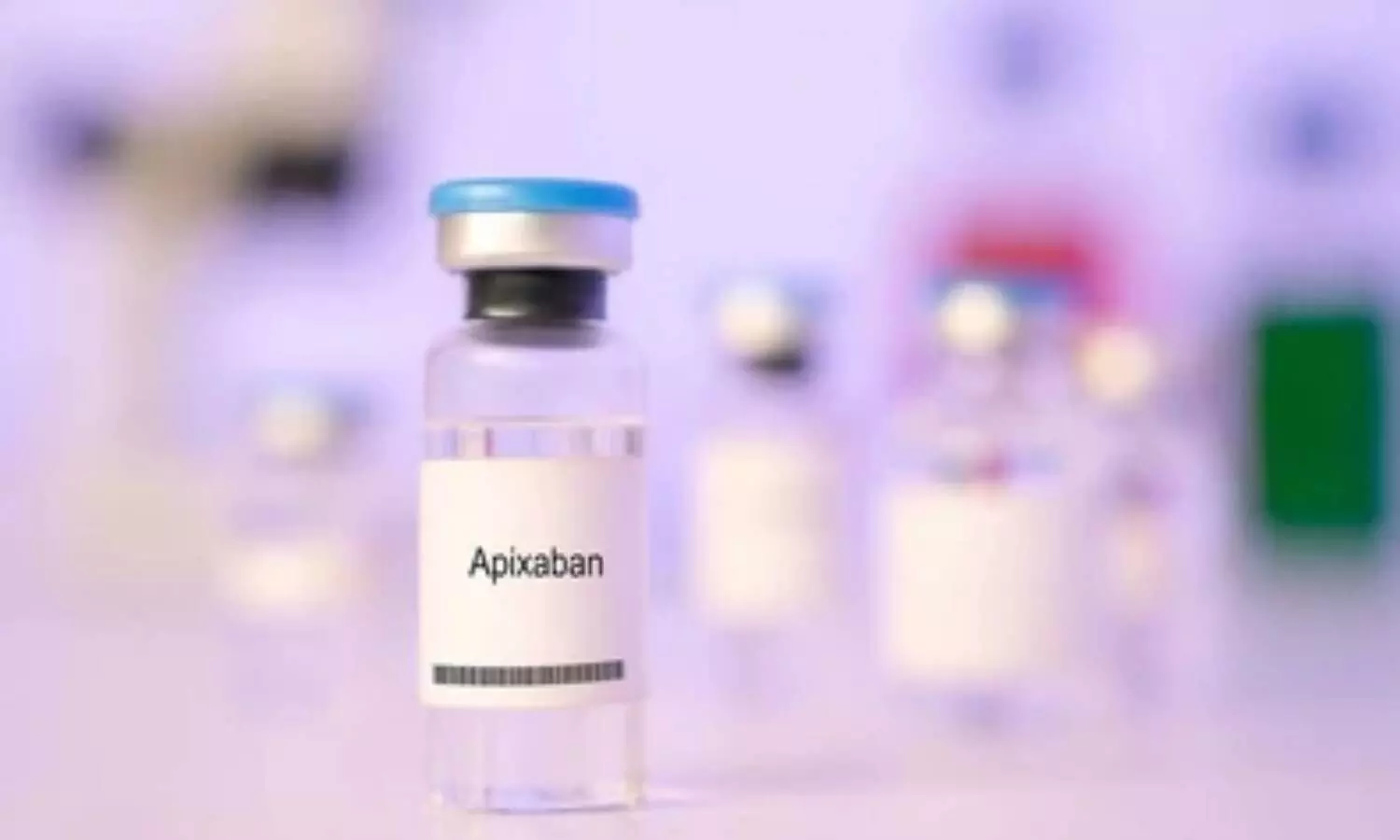- Home
- Medical news & Guidelines
- Anesthesiology
- Cardiology and CTVS
- Critical Care
- Dentistry
- Dermatology
- Diabetes and Endocrinology
- ENT
- Gastroenterology
- Medicine
- Nephrology
- Neurology
- Obstretics-Gynaecology
- Oncology
- Ophthalmology
- Orthopaedics
- Pediatrics-Neonatology
- Psychiatry
- Pulmonology
- Radiology
- Surgery
- Urology
- Laboratory Medicine
- Diet
- Nursing
- Paramedical
- Physiotherapy
- Health news
- Fact Check
- Bone Health Fact Check
- Brain Health Fact Check
- Cancer Related Fact Check
- Child Care Fact Check
- Dental and oral health fact check
- Diabetes and metabolic health fact check
- Diet and Nutrition Fact Check
- Eye and ENT Care Fact Check
- Fitness fact check
- Gut health fact check
- Heart health fact check
- Kidney health fact check
- Medical education fact check
- Men's health fact check
- Respiratory fact check
- Skin and hair care fact check
- Vaccine and Immunization fact check
- Women's health fact check
- AYUSH
- State News
- Andaman and Nicobar Islands
- Andhra Pradesh
- Arunachal Pradesh
- Assam
- Bihar
- Chandigarh
- Chattisgarh
- Dadra and Nagar Haveli
- Daman and Diu
- Delhi
- Goa
- Gujarat
- Haryana
- Himachal Pradesh
- Jammu & Kashmir
- Jharkhand
- Karnataka
- Kerala
- Ladakh
- Lakshadweep
- Madhya Pradesh
- Maharashtra
- Manipur
- Meghalaya
- Mizoram
- Nagaland
- Odisha
- Puducherry
- Punjab
- Rajasthan
- Sikkim
- Tamil Nadu
- Telangana
- Tripura
- Uttar Pradesh
- Uttrakhand
- West Bengal
- Medical Education
- Industry
Add on Statins may prevent GI bleeding among patients on blood thinners

A groundbreaking study revealed the protective effects of statins for Gastrointestinal bleeding (GIB). They found that patients who are on both statins and blood thinners have relatively lower incidence of gastrointestinal bleeding than blood thinners alone. The study results were published in the journal The American Journal of Gastroenterology.
Gastrointestinal bleeding (GIB) poses a substantial risk to individuals taking blood thinners. Recent findings indicate that the concurrent use of statins might have an impact on GIB risk among blood thinner users. Hence researchers conducted a retrospective study to assess and compare the occurrence of GIB in patients who were prescribed blood thinners with and without statin therapy.
A retrospective analysis of a staggering 19,01,48,513 patients was conducted by drawing data from the Cosmos electronic database. These patients were categorized based on their use of blood thinners, including aspirin, warfarin, and direct oral anticoagulants (DOACs), as well as their use of statins. The study collected information on the total number of patients in each category and the number of patients who experienced GIB.
Findings:
- The study's analysis included 17,375,400 patients who used blood thinners without statins, with 1,956,553 experiencing GIB, representing an 11.2% incidence rate.
- Among the patients using blood thinners alongside statins (10,607,434), 468,518 experienced GIB, translating to a significantly lower 4.4% incidence rate.
- Subgroup analysis by the type of blood thinner further revealed varying GIB rates: aspirin without statins (11.5%), aspirin with statins (4.6%), warfarin without statins (16.9%), warfarin with statins (7.8%), DOAC without statins (15.5%), and DOAC with statins (7.1%).
- In all comparisons, the differences in GIB percentages between the groups were statistically significant, with a P-value less than 0.0001.
Thus, the study offered valuable insights into the association between statin usage and the risk of GIB in patients on blood thinners. The results indicate that the incidence of GIB is notably lower in patients who receive both a blood thinner and a statin compared to those solely on a blood thinner, hinting at a potential protective effect of statins. Statins are known for their pleiotropic effects, which encompass anti-inflammatory and endothelial-stabilizing properties, potentially contributing to this protective effect. However, given the observational nature of this study, it's essential to approach these findings with caution.
Further prospective studies are warranted to delve deeper into this association and validate these findings. Should future research corroborate the protective role of statins, it could hold significant implications for clinical practice. In summary, this study underscores a potential link between statin use and a reduced risk of GIB in patients on blood thinners, serving as a foundation for further exploration and potentially influencing the optimization of treatment strategies for patients requiring both blood thinners and statins.
Further reading: Niazi, Azfar MD; Jani, Niraj MD. S793 Statins - A Potential Protective Factor Against Gastrointestinal Bleeding in Patients on Blood Thinners: A Retrospective Analysis. The American Journal of Gastroenterology 118(10S):p S582, October 2023. | DOI: 10.14309/01.ajg.0000952812.59580.8d
BDS, MDS
Dr.Niharika Harsha B (BDS,MDS) completed her BDS from Govt Dental College, Hyderabad and MDS from Dr.NTR University of health sciences(Now Kaloji Rao University). She has 4 years of private dental practice and worked for 2 years as Consultant Oral Radiologist at a Dental Imaging Centre in Hyderabad. She worked as Research Assistant and scientific writer in the development of Oral Anti cancer screening device with her seniors. She has a deep intriguing wish in writing highly engaging, captivating and informative medical content for a wider audience. She can be contacted at editorial@medicaldialogues.in.
Dr Kamal Kant Kohli-MBBS, DTCD- a chest specialist with more than 30 years of practice and a flair for writing clinical articles, Dr Kamal Kant Kohli joined Medical Dialogues as a Chief Editor of Medical News. Besides writing articles, as an editor, he proofreads and verifies all the medical content published on Medical Dialogues including those coming from journals, studies,medical conferences,guidelines etc. Email: drkohli@medicaldialogues.in. Contact no. 011-43720751




